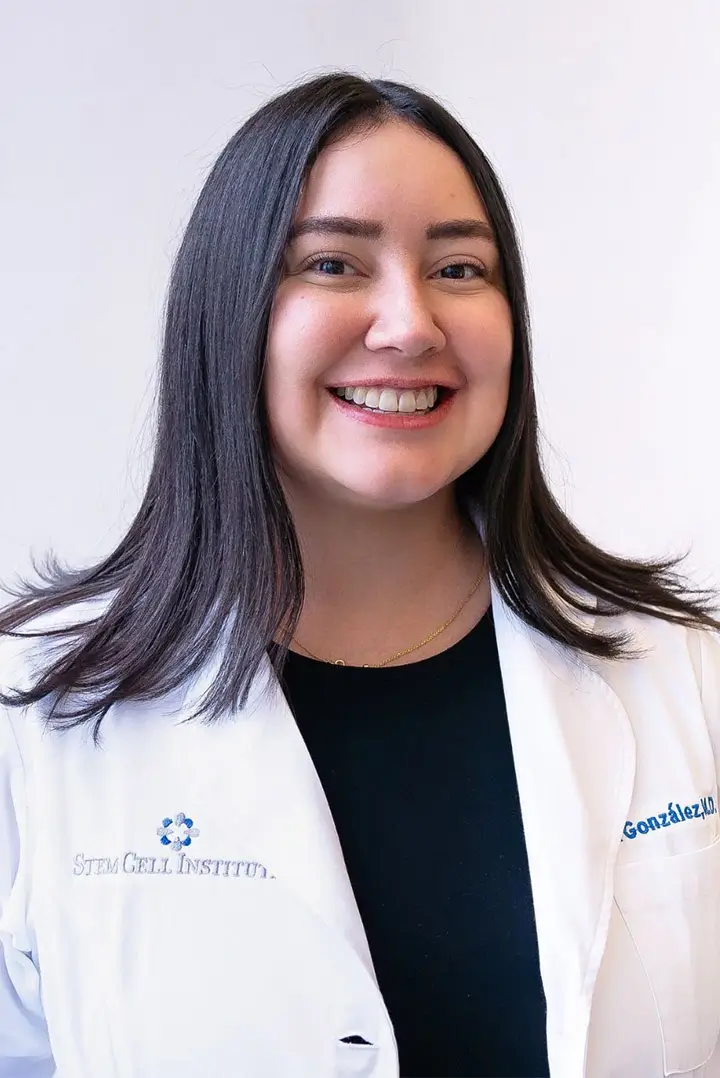Ground breaking research was presented at the Blenheim Wesley Center on adult stem cell transplants. Dr. Richard, an Auckland University professor gave his presentation to more than 200 people.
Giving hope to those afflicted with Alzheimer’s and other neurological conditions, the pioneering brain scientist delivered his message.
Serving as a repair system by replenishing destroyed or damaged cells in the body, stem cells can divide and differentiate into other cells.
Enabling brain cells destroyed by diseases such as Alzheimer’s, Parkinson’s, and Huntington’s, to be restored; a feasible number of adult stem cells were effectively transplanted for the first time by neuroscientists at the university. The test subjects were laboratory rats.

Dr. Richard says that this specific type of stem cell therapy is still at least another 10 to 15 years away for humans. But the 61-year-old Lily Medal winner said that a difference could be made within the next five to ten years thanks to new drugs developed from the research.
Adult stem cells are already used to successfully treat many other conditions.
Human brain tissue will be required so that the large research group can utilize the raw materials to study brain disease. " It is a cornerstone of the research that families bequeath the brains of loved ones to us so that research can continue," he said.
At one time scientists believed that new brain cells were not created in adulthood, however, a top U.S. scientific journal decided last week to publish Dr. Richard’s research demonstrating the opposite. He was elated to hear the news.
The entire audience was listening to every word of Dr. Richard’s enthusiastic presentation, "Brain Diseases and Stem Cells – Fact or Fantasy". His lecture was intended for regular individuals without a medical background as well as health professionals.
"There is a lot of interest currently in the potential future use of stem cells and gene therapies to treat many neurological conditions," he said.
"The recent demonstration of stem cells in the adult mammalian brain raises the exciting possibility that these cells may be able to generate neurons for cell replacement in neurodegenerative diseases such as Parkinson’s, Huntington’s, Alzheimer’s and epilepsy."
"Our research studies provide the first evidence of neurogenesis in the diseased human brain and are exciting findings indicating the regenerative potential of the diseased human brain."
"Our studies suggest the possibility that neural stem cells in the adult human brain may provide a means for the application of novel new treatment strategies involving cell replacement techniques in the treatment of patients with brain diseases."
"However there is still considerable research to do before these exciting findings can be applied to the treatment of patients with neurological diseases."

